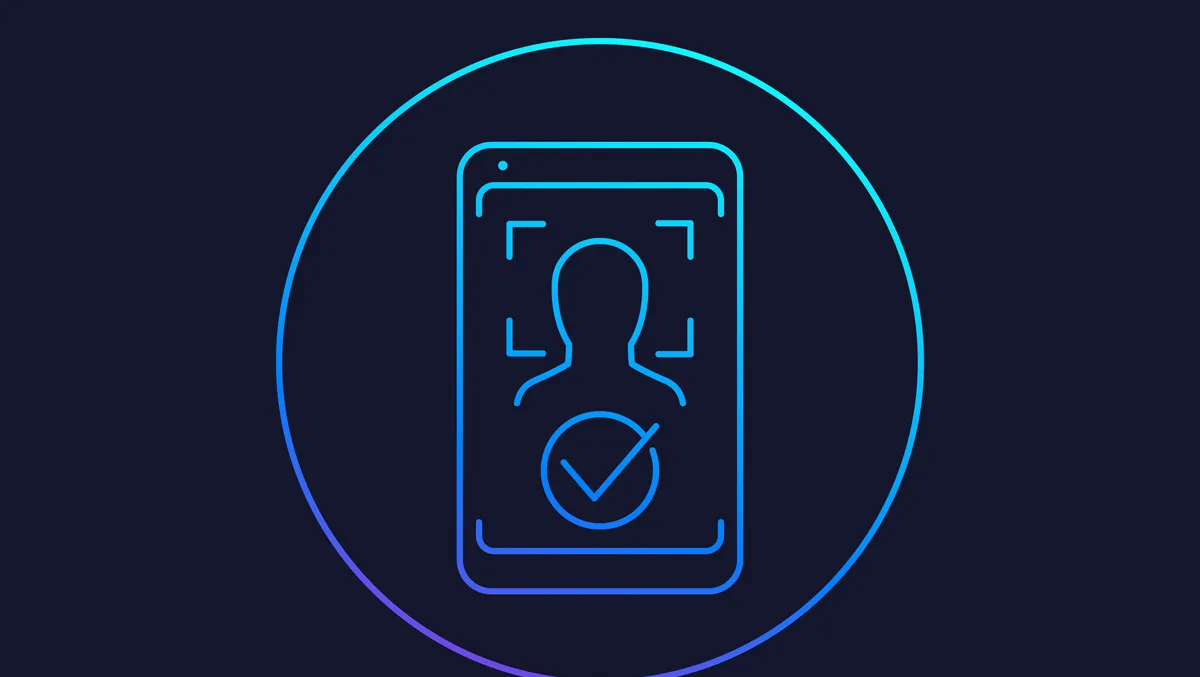
Livestock facial recognition tech Stoktake getting popular
Dr Phillip Zada, the founder of the livestock facial recognition platform Stoktake, knew his platform would have global appeal. Since launching earlier this year, he has fielded many enquiries, mainly from African and South American countries.
Stoktake works by taking a photo of the animal's face - currently cattle - on a smartphone or tablet, uploading it to Stoktake's proprietary AI and machine learning cloud platform, which produces a profile of the animal, which is then securely stored with the owner's profile.
"Last night I was on a call with government officials from an African country; the night before a farmer's association which works between Argentina and Brazil. When we were developing the technology, we knew it would have global use. The level of enquiry proves that," says Dr Zada.
"The identification algorithm profiles an animal in a way that produces the same outcome, as unique as fingerprints on humans. It has an average accuracy of over 99.65% based on the 500 cattle images we have tested. Our intention is to test another 150,000 images in the coming months across the world."
Dr Zada adds he developed the software to battle livestock theft, particularly cattle rustling, which, according to reports, 5% of Australian cattle are reported lost or stolen annually.
"We believe the figure is significantly higher because many farmers would not know their animals might be missing, or do not bother reporting the theft, as little can be done once it has happened. It is also a nightmare for law enforcement to track down stolen animals, as they are often quickly transferred interstate."
The Stoktake app is also now free for farmers to begin cataloguing their herds, with a verification app under development for intended use by law enforcement, sales yards and other stakeholders.
Eventually, Dr Zada wants to create a national database, so an animal cannot be sold without its ownership being verified.
"The identity of a livestock animal is a global issue because conventional methods can be tampered with. Ear tags can be easily ripped off, branding modified, RFID tags cut out and the high cost and time-consuming process of DNA matching. Many people I am speaking to from around the world, particularly from some of the poorer countries, say they do not have the funds for tags and testing, and in their respective countries' livestock theft usually results in far more serious crimes such as murder to prevent risk to the thieves, which is why we believe Stoktake can really make a difference, and they are so keen on Stoktake."
Dr Zada informs globally, the market is enormous, with an estimated 942,630,000 head of cattle, with the beef industry projected to be worth US$604 billion by 2029. In Australia, there are 25,000 cattle farms in an industry valued at US$25 billion.
Dr Zada said his company has focussed on cattle but is also working on adapting the technology to recognise horses, sheep, goats and dogs in conjunction with prominent Australian universities.
To ensure Stoktake is fit for purpose, Dr Zada has hosted a monthly forum for the past 18 months involving police, academics, producers, brokers and subject-matter experts. He decided to look at facial recognition because he saw a need in the market with a lack of love for rural challenges.
"We have made some vast differences in Ag Tech in the past few years, but there is so much more we can do," he says.
"I believe the Australian technology sector is one of the best in the world. We have brilliant people in this country, and we are all about collaboration. We aim to build the best platform as an Australian solution, in Australia by Australians."
"Last month Stoktake was a finalist in the Australian Information Industry Association (AIIA) iAwards which recognise excellence in the digital ecosystem," he informs.


